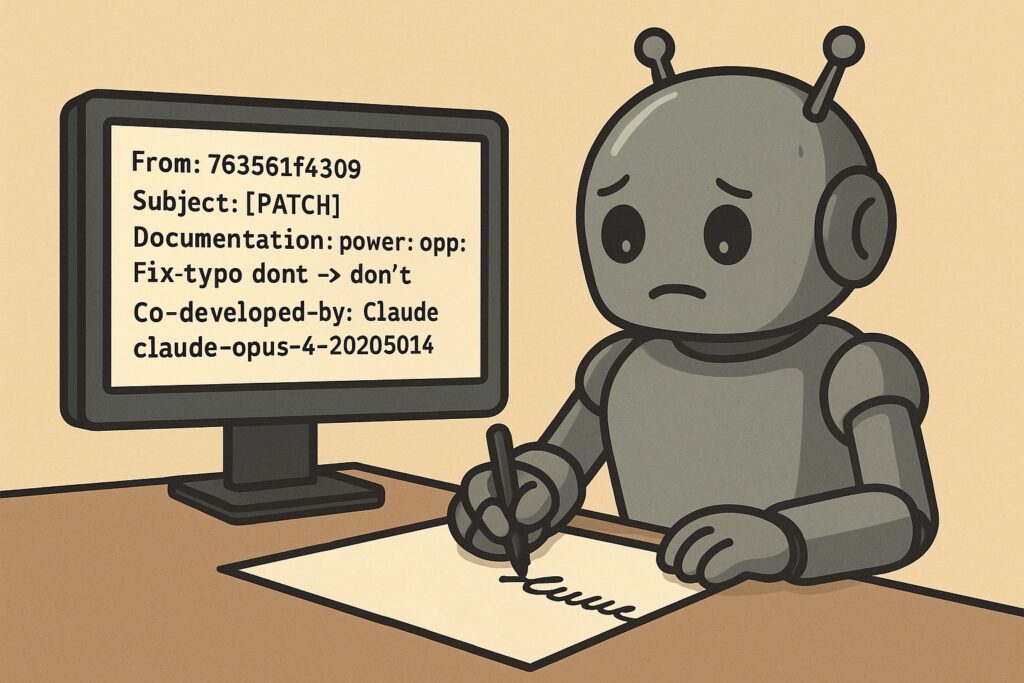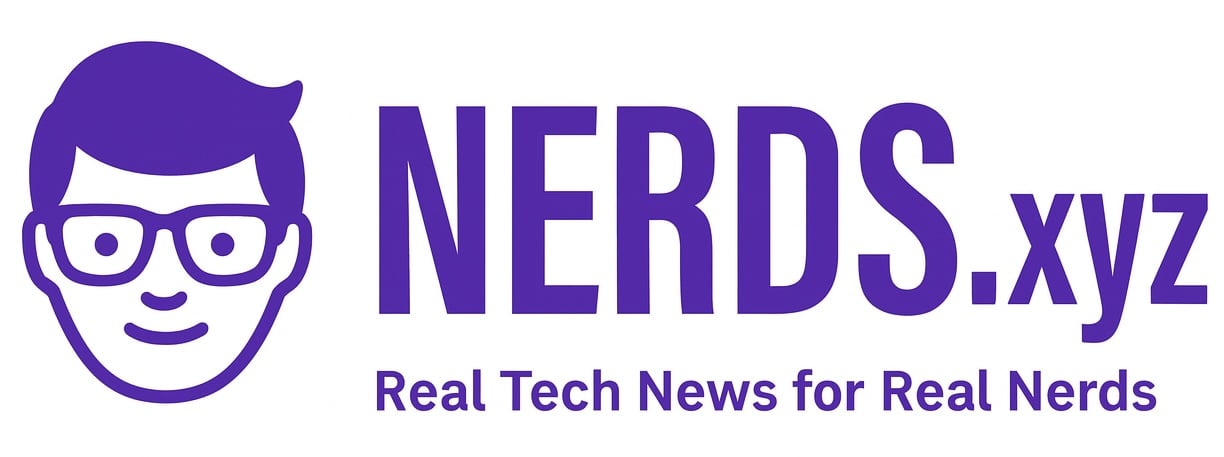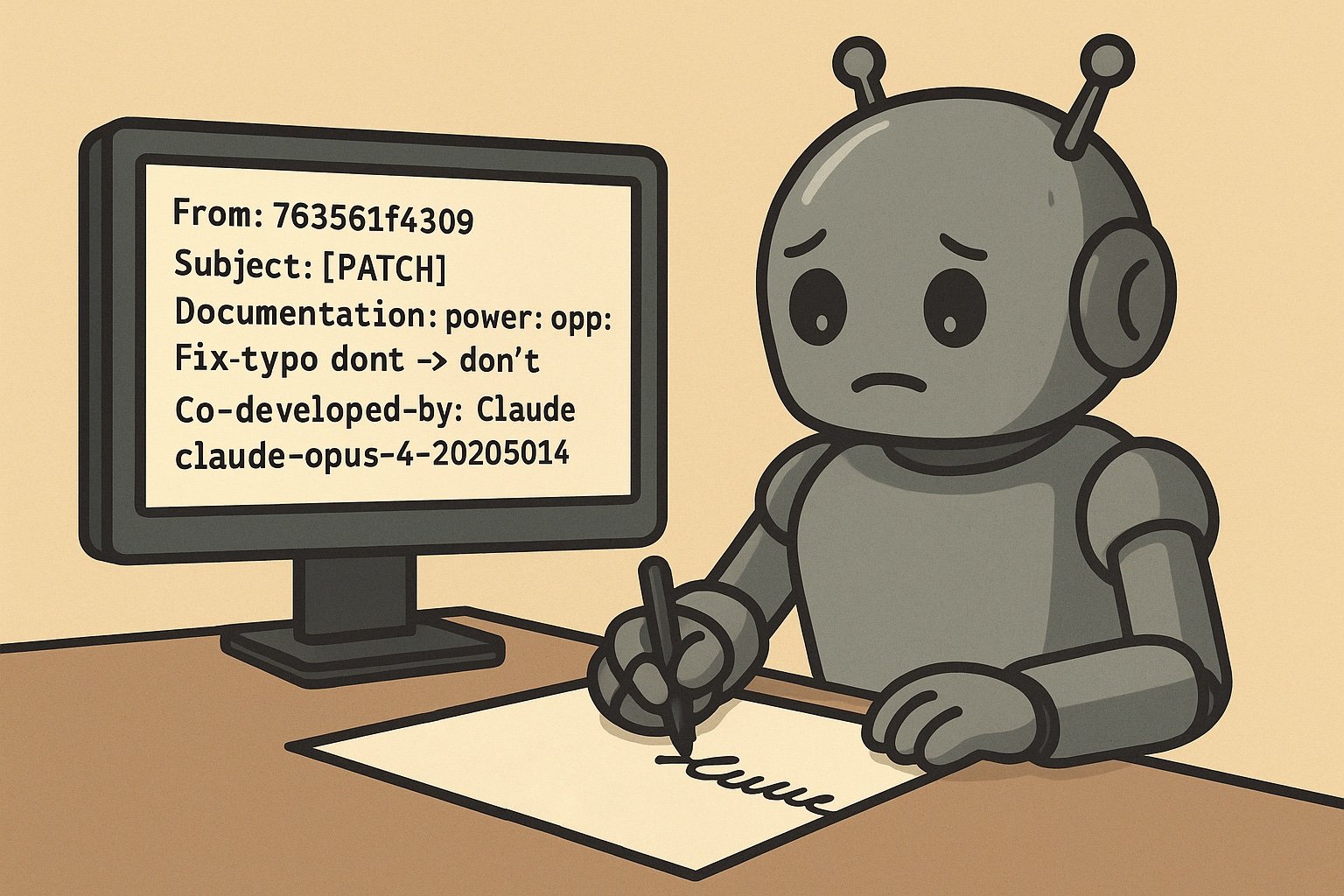
As AI continues to reshape how software gets written, even the Linux kernel isn’t immune to its influence. Sasha Levin, a respected developer and engineer at Nvidia, has proposed a patch series aimed at formally integrating AI coding assistants into the Linux kernel workflow.
The proposal includes two major changes. First, it introduces configuration stubs for popular AI development tools like Claude, GitHub Copilot, Cursor, Codeium, Continue, Windsurf, and Aider. These are symlinked to a centralized documentation file to ensure consistency.
Second, and more notably, it lays out official guidelines for how AI-generated contributions should be handled. According to the proposed documentation, AI assistants must identify themselves in commit messages using a Co-developed-by: tag, but they cannot use Signed-off-by:, which legally certifies the commit under the Developer Certificate of Origin. That responsibility remains solely with the human developer.
One example shared in the patch shows a simple fix to a typo in the kernel’s OPP documentation. Claude, an AI assistant, corrects “dont” to “don’t” and commits the patch with the proper attribution:
Co-developed-by: Claude claude-opus-4-20250514Levin’s patch also creates a new section under Documentation/AI/ where the expectations and limitations of using AI in kernel development are laid out. This includes reminders to follow kernel coding standards, respect the development process, and understand licensing requirements. There are things AI often struggles with.
While some developers may see this as a helpful step toward transparency, others might argue that codifying AI usage in one of the most human-driven open-source projects sends the wrong message. Should kernel development really be assisted by tools that don’t fully grasp the consequences of their code?
Levin’s proposal doesn’t change the development process overnight. For now, it’s just a request for comments (RFC). But it does raise a bigger question: how much AI is too much when it comes to open-source code that runs on billions of devices?
Let us know what you think. Should Linux welcome AI assistants into the fold, or keep the kernel strictly human-made?


